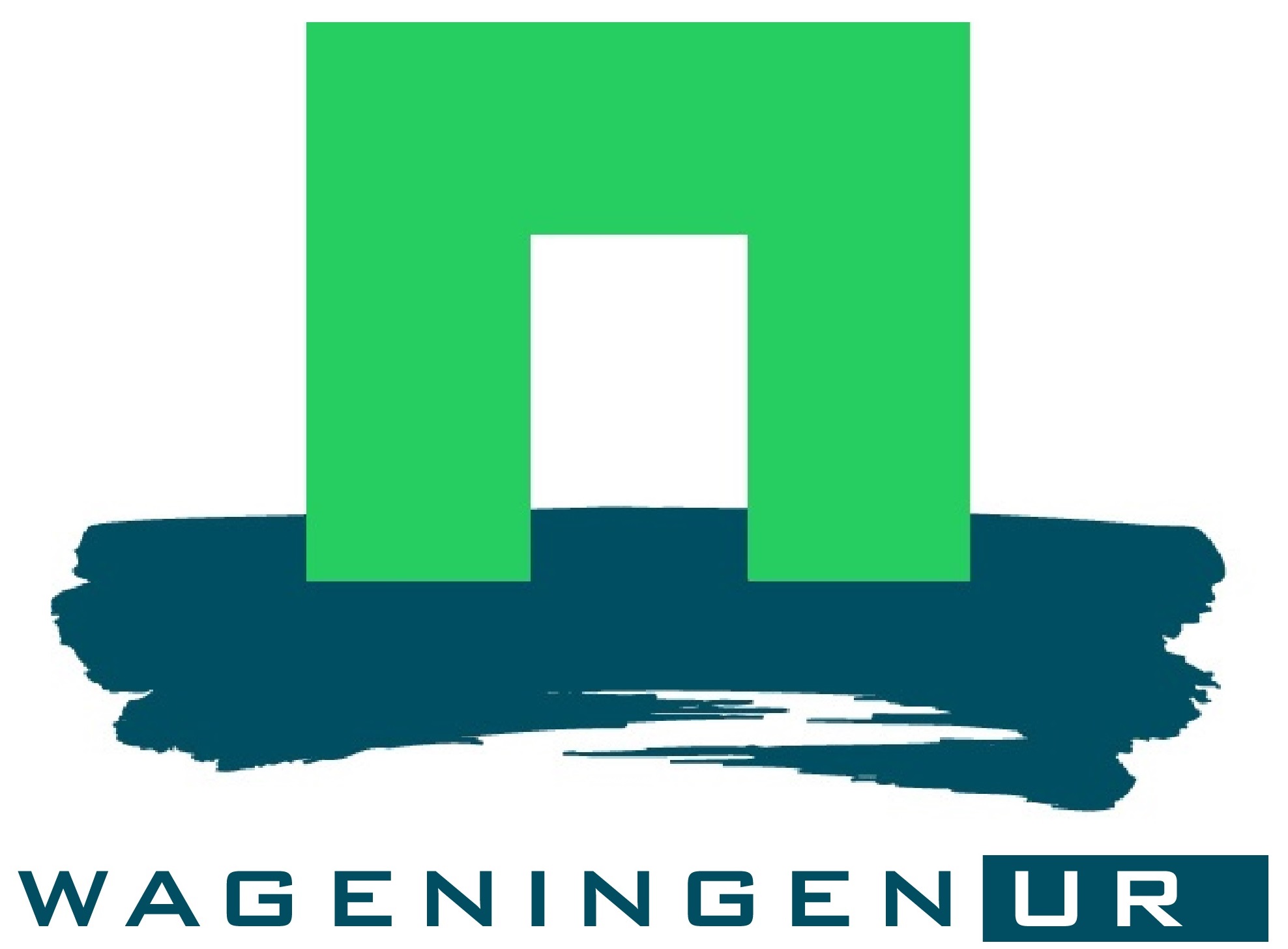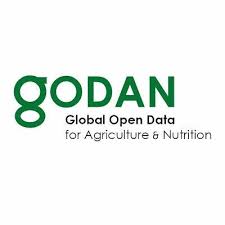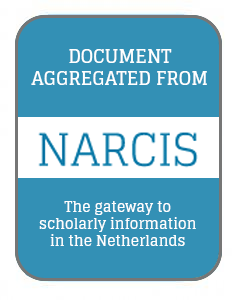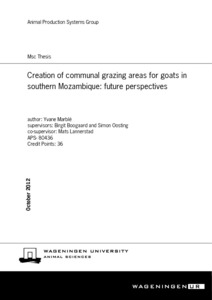Location
6700 HB Wageningen
Wageningen University & Research is a collaboration between Wageningen University and the Wageningen Research foundation.
That is the mission of Wageningen University & Research. A staff of 6,500 and 10,000 students from over 100 countries work everywhere around the world in the domain of healthy food and living environment for governments and the business community-at-large.
The strength of Wageningen University & Research lies in its ability to join the forces of specialised research institutes and the university. It also lies in the combined efforts of the various fields of natural and social sciences. This union of expertise leads to scientific breakthroughs that can quickly be put into practice and be incorporated into education. This is the Wageningen Approach.
The scientific quality of Wageningen University & Research is affirmed by the prominent position we occupy in international rankings and citation indexes.
The domain of Wageningen University & Research consists of three related core areas:
- Food and food production
- Living environment
- Health, lifestyle and livelihood
Wageningen University & Research has branches all over The Netherlands and abroad. A large number of lecturers, researchers and other employees are based at Wageningen Campus.
Members:
Resources
Displaying 86 - 90 of 209Workshop "De toekomst van de peel", scenario ontwikkeling en evaluatie huidige strategieën
Het landschap wordt beïnvloed door lokale, landelijke, Europese en zelfs mondiale factoren. Die factoren veranderen constant, bijvoorbeeld door een nieuwe regering met een ander beleid (landelijk), een economische crisis (Europees) en door klimaatsverandering (mondiaal). Na een verandering kunnen huidige strategieën onbruikbaar worden bevonden. Voorbeelden zijn de Ecologische Hoofdstructuur (EHS) dat in 2011 voortijdig is stopgezet en het Reconstructieplan de Peel waarvan in 2012 is besloten de uitvoering te stoppen. De toekomst is dus onzeker en valt niet te voorspellen.
Effect maatregelen reconstructie zandgebieden : pilotgemeente Gemert-Bakel
De reconstructie van de zandgebieden is in de fase van uitvoering van de gemaakte plannen. Waar er bij de vaststelling van de reconstructieplannen niet of nauwelijks problemen waren, ontstaat er bij de uitvoering veel maatschappelijke onrust. Daarbij spitst de discussie zich vooral toe op de komst van zogenaamde megastallen. Door veel burgers wordt deze ontwikkeling als onwenselijk gezien. In de gemeente Gemert-Bakel in de provincie Noord-Brabant – één van de pilotgebieden van de reconstructie – komt op een voortvarende manier de uitvoering wel van de grond.
Ecologische ontwikkeling in een voor menselijke activiteiten gesloten gebied in de Nederlandse Waddenzee : tussentijdse analyse van de ontwikkeling in het gesloten gebied invergelijking tot niet-gesloten gebieden, vijf jaar na sluiting
In dit project is de ontwikkeling van het ecosysteem in een voor menselijke activiteiten gesloten gebied (Referentiegebied) gevolgd en vergeleken met een gebied waar zulke activiteiten wel toegestaan zijn (controle-gebied). Hierbij is vooral gekeken naar benthische mariene fauna en de bodembedekking (schelpengruis) in de geul, maar ook litorale en sublitorale mosselbanken, de zeehondenpopulatie en de vogelvoorkomens zijn meegenomen.
Scaling human-induced pressures to population level impacts in the marine environment : implementation of the prototype CUMULEO-RAM model
For centuries the Dutch coastal waters and the North Sea were primarily used for fisheries and shipping, but during the last 20 years the number of uses has increased rapidly. These human uses (such as wind farms, mineral extraction, coastal defences and fisheries) will lead to a decrease in biodiversity and a reduction in ecosystem and mineral resources. Under several European policies and conventions, the EU North Sea member states must establish a sustainable management regime for the marine environment.
Creation of communal grazing areas for goats in southern Mozambique: Future perspectives
This thesis was carried out within the project ImGoats, a project led by ILRI and implemented by CARE in Mozambique, aiming at increasing the incomes and food security of poor smallholders through innovations in the meat goat value chain. From a bottom-up approach, the project developed different interventions and this thesis was focusing on one of them, the implementation of communal grazing land for goats, land that was not currently in use.





